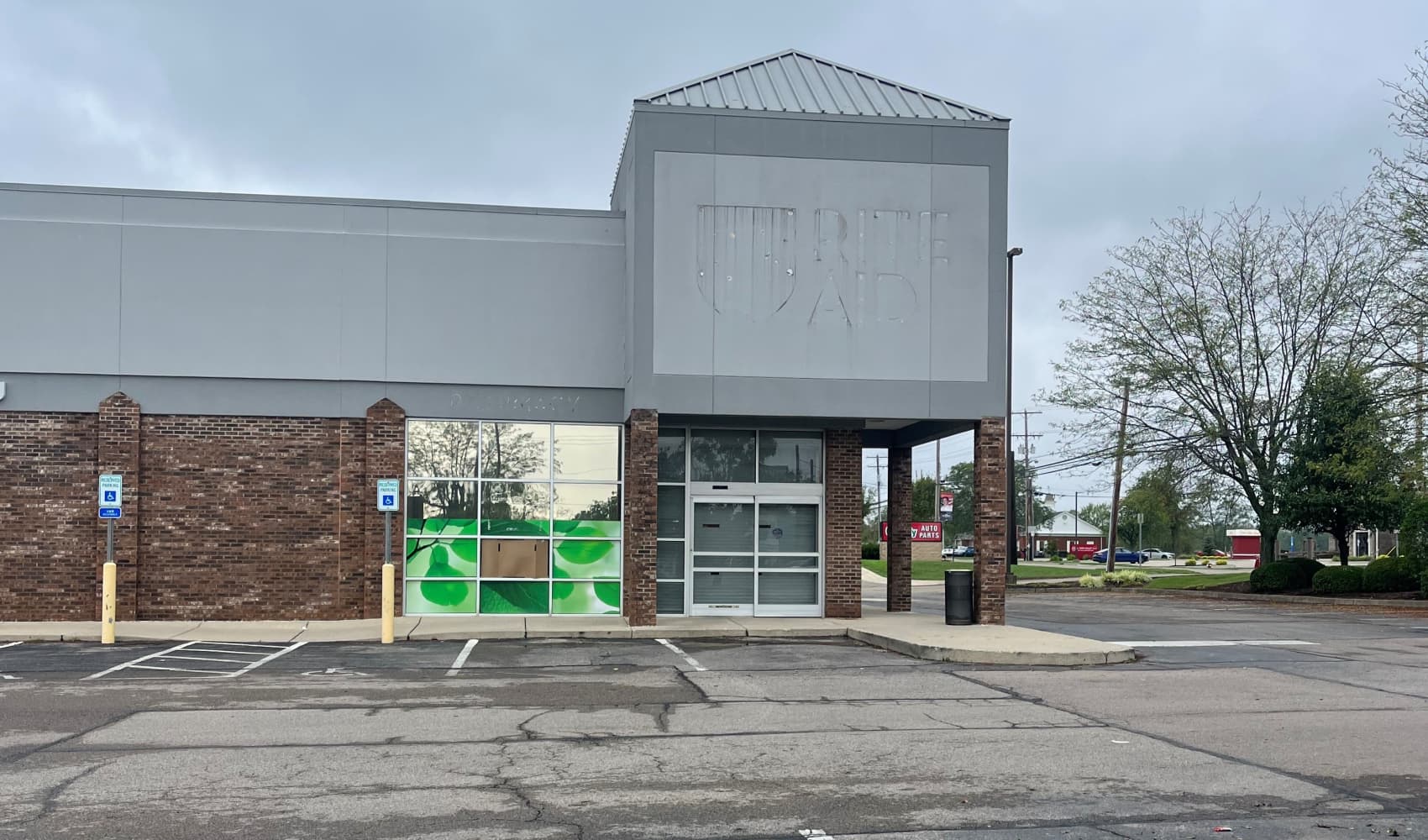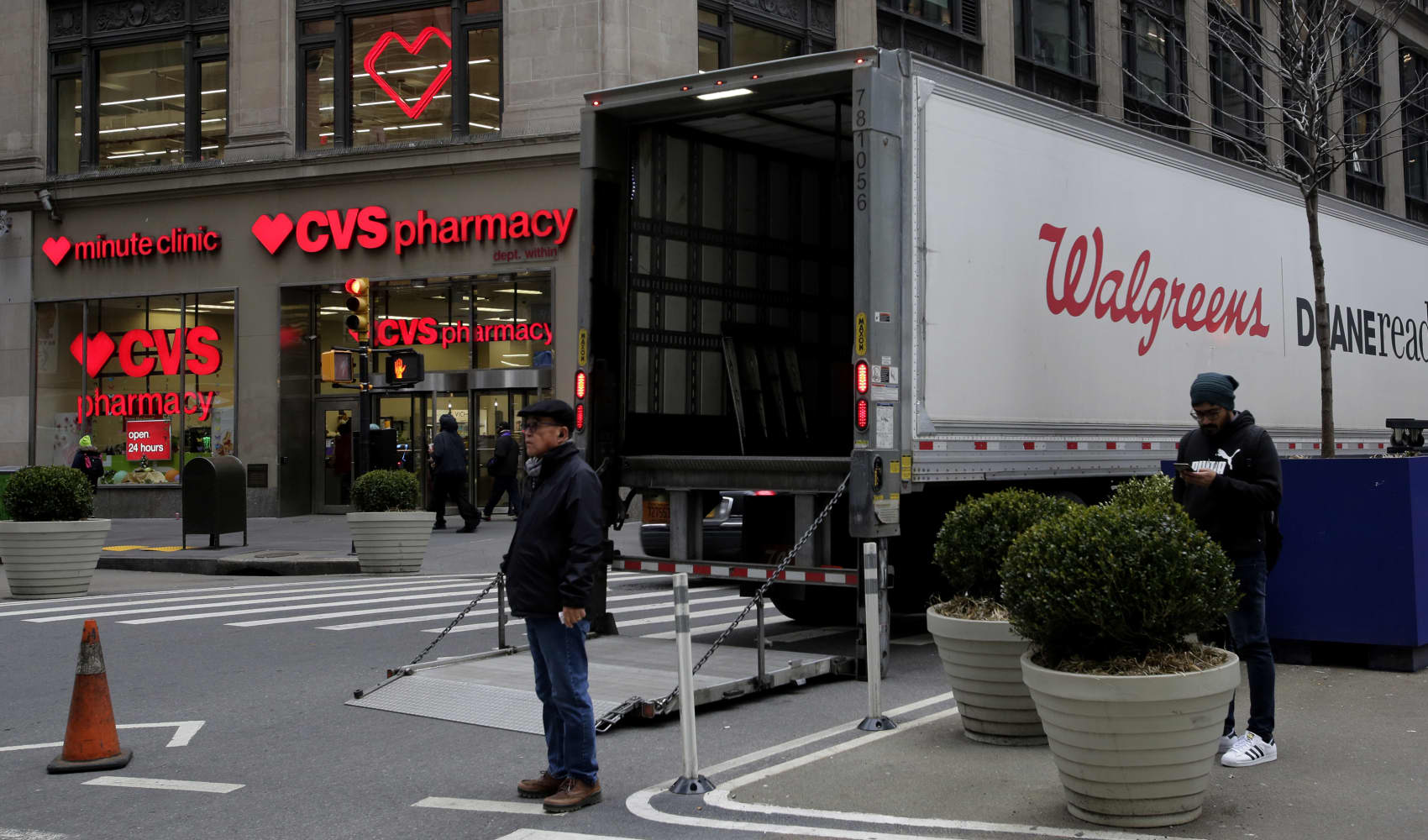Black and Latino communities are facing growing risks of losing access to medical services as an unprecedented amount of pharmacies across the U.S. closed in the recent years, a study by USC and UC Berkeley revealed this week.
Researchers found nearly one in three pharmacies – both franchise and independent – has closed since 2010, with the increasing closures reported starting in 2018.
Among 88,980 drug stores operating between 2010 and 2020, about 30% of them closed by 2021 with many of them having served Black and Latino communities.
Fewer pharmacies in Black and Latino neighborhoods mean that people in the communities have less access to vaccinations, contraception and other life-saving drugs, such as naloxone, which reverses opioid overdoses.
Get top local stories in Southern California delivered to you every morning. >Sign up for NBC LA's News Headlines newsletter.
“We are making it harder for people to access their healthcare,” said Dr. Jerry Abraham of Kedren Health in Jefferson Park. “Mom and pops are gone; corporates are gone. We’re left to fend for ourselves.”
The study showed Black and Latino neighborhoods saw more than 35% of closure rates, especially with a high number of independent drug stores going out of business.
“What good is it for me to write a prescription for a flu vaccine? You don’t have anywhere to fill it, and that’s the reality of people living in East, Southeast, South LA today.” Abraham said.
Communities that rely on Medicare and Medi-Cal were more likely to see their pharmacies close.
Thousands of more pharmacies are expected to close in the coming years, which could lead to many parts of the country having fewer drug stores available for the first time in at least a decade.
Mergers and cost-costing measures by corporate chains have contributed to the closures, the study's researchers said. Also, Pharmacy Benefit Managers, which negotiates prescription drug benefits but steers patients toward fewer pharmacies, may be to blame.
“The profitability of a pharmacy in these neighborhoods is likely lower, and that’s what we believe is the motivator for closure.” said Prof. Jenny Guadamuz at the UC Berkeley School of Public Health. “Pharmacy is a business like other healthcare in the U.S”
Providing higher Medicare and Medi-Cal reimbursements rates to pharmacies and regulating Pharmacy Benefit Managers to include more independent drug stores in their preferred networks could stop the decline, Guadamuz said.



